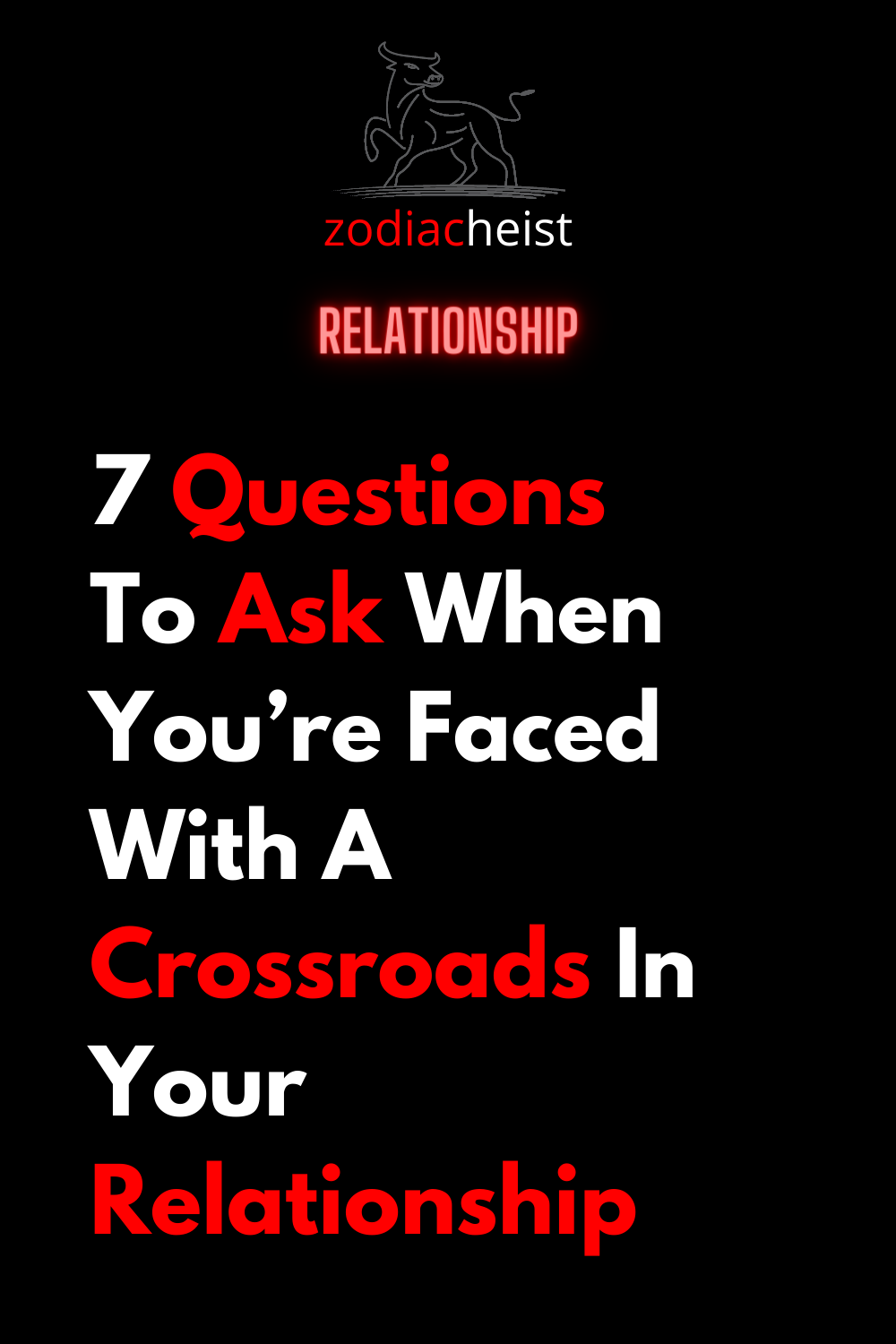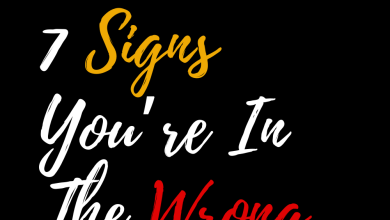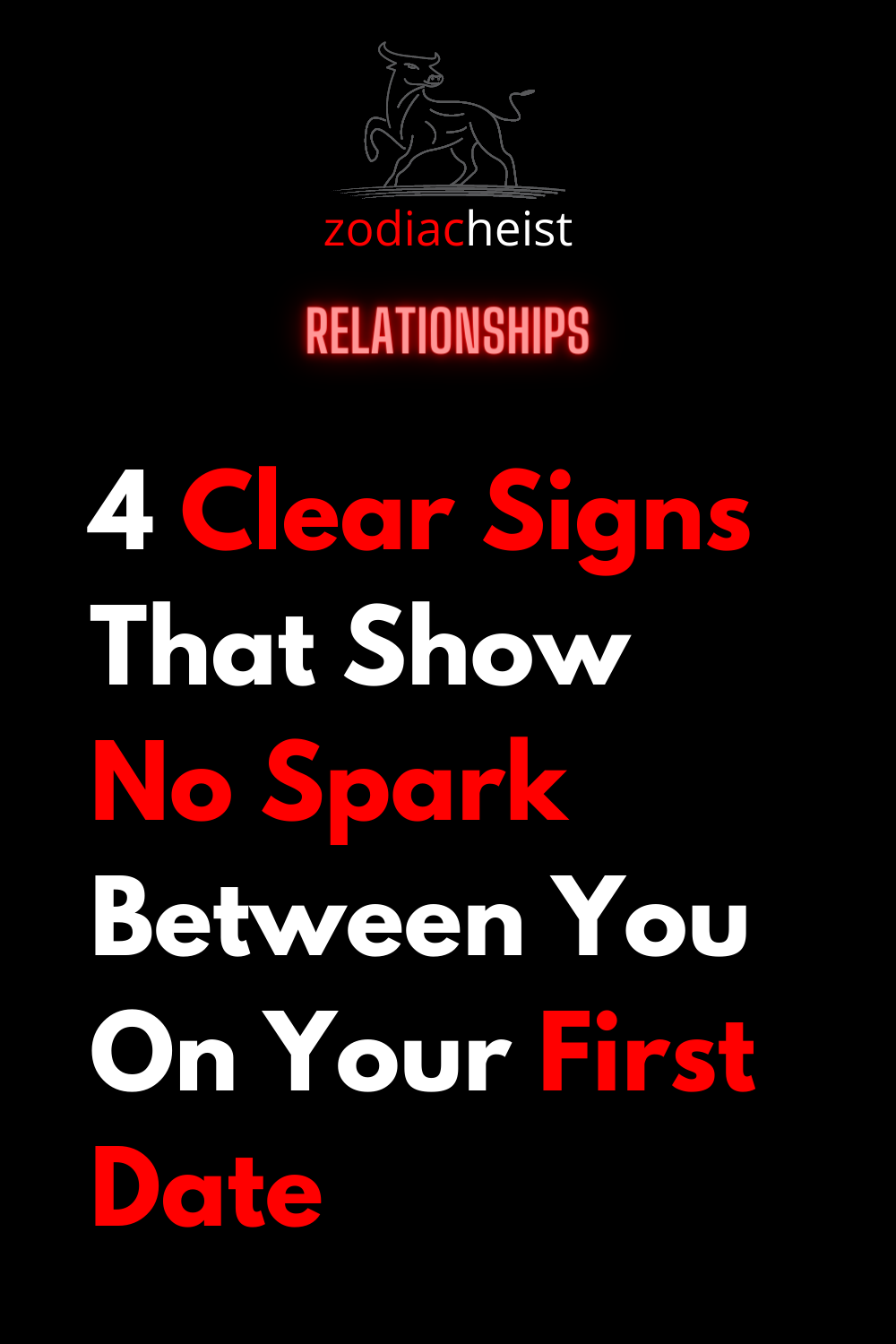7 Questions To Ask When You’re Faced With A Crossroads In Your Relationship

Relationships are a give and take. We are quick to notice when our partner is taking more than giving. And then we immediately ask the same old questions:
“Why is my partner acting up?”
“Why doesn’t my partner understand me?”
“Does my partner still love me?”
“Is my partner about to break up with me?”
“How can I make my partner listen to me?”
Those are all valid questions, especially if you just came out of yet another fight that ended in bites and tears. But you will be unlikely to find the right answers to those questions. You might not find any conclusive answers at all.
If you look closely, you’ll notice that all those questions focus on one thing only: Your partner.
Let’s just assume for a second that it’s not your partner, who’s at fault here, but you. Shocking, right?
Now you can start asking the right questions. If you answer these questions honestly, you will find all the answers you need. Here are 7 questions to ask when you and your partner have arrived at a crossroads.
1. If I were my partner, how would I react to myself?
In a serious fight, there are rarely any victims. Both sides are lashing out. Pointing fingers becomes an Olympic discipline in these situations. And believe me, I’m not free of sin either.
It took me years to achieve the necessary introspective, and I only did so at the moment I almost lost it all. Only because of the incredible amount of patience my partner gifted me, are we still together, raising a beautiful girl.
Try to limit your emotions and look at yourself. Would you be willing to confront an emotional self? Would you blindly agree with everything you have to say? Or would you feel attacked and try to retaliate? Would you maybe try to escape this intimidating situation?
Your partner is just like you — human. If you would want to run from yourself, don’t blame your partner for trying the same.
2. If I were my partner, would I be able to listen right now?
This one is more common than you’d think. Your partner is deeply invested in something, maybe they are focusing on writing that book, or dealing with an email from their boss, who’s blaming them for a huge screw-up that happened at work. That’s pure distress. They are completely in the zone, focusing all their energy on that task.
Then you come in, maybe back from a fun evening with friends, eager to tell your partner about the fun you had, or a funny situation you found yourself in. You start talking, while your partner is giving the occasional “mmhmm,” not really listening to your story.
Now it’s not too difficult to figure out who you’d put the blame on, right? Stop yourself right there and analyze the situation. I know it’s hard, we all love talking way more than listening. But just try to understand that your partner may be pre-occupied. They aren’t doing this to offend you.
Switch places. Look at your partner. Would you be able to listen in their place? And don’t lie to yourself. I’m sure you too are in a “flow” state when you focus on an important task.
So don’t feel offended by your partner not dropping everything they do immediately just to give you the attention. There is a time and place for everything. Sometimes we have to show patience. Unfortunately, life is not always about us.
3. Do I really know what my partner wants?
Have you ever asked them what they want? Most of us are quick to assume that it must be the same thing we ourselves want. But often, that’s not true. We’re all different. Each one of us has slightly different wishes, dreams, and ambitions.
There’s nothing wrong with that. But this can cause issues if you stay in the dark about them. What are your partner’s goals? In life? In your relationship? In their career?
Maybe they feel stuck. Maybe they feel immense inner pressure because they think they failed to provide you the life they want to give you? And if then a fight breaks out and you attack them, it’s not too far a stretch for them to think that you’ve come to a similar conclusion.
Another reason may be that they want to have children, waiting for years now, and they feel like time is running out on them. But you were not keen on the idea in a past conversation, so they feel afraid of speaking up about it.
If you don’t know what your partner truly desires, it is past due to sit down together and talk about it, open and honest.
4. Have I been truly open with my partner?
I bet you haven’t. We all have our dirty little secrets. But even if talking about bad things feels intimidating at first, your partner will be able to trust you way more easily if they know that you have nothing to hide.
What’s more important, they will be able to truly support you if they not only know your strengths and glorious victories but also your darkest fears and worst defeats.
I can make a personal point about this with my partner. I won’t go into details for reasons that will quickly become obvious, but my partner decided to open up about their past relationships too.
Of course, I was shocked, but it gave me plenty of reason to give my partner all the time, space, and patience they needed in regard to our s** life, and I’m thankful to this day for this immense sign of trust.
Luckily, not everyone will have to deal with that situation, but you need to be honest with your partner. They can’t be there for you if you don’t let them.
5. Am I truly supporting my partner?
And I don’t mean just replying “great” when they proudly announce that someone bought their handmade scarf on eBay. As children, we all look to our parents for validation. That’s how we grow as people. When we become adults and live on our own, that doesn’t mean that we suddenly don’t need the support of others anymore.
You become the most important anchor in your partner’s life. Even if they don’t show it, your opinion is the most important one. Imagine your partner picked up a pen tomorrow to start to write a book. If Stephen King himself would tell your partner that they are incredibly talented at writing horror stories, and you would claim the exact opposite, chances are, your partner will feel defeated and drop that pen immediately.
Whatever it is your partner is doing, you have to support them with all you can give. Just as they support you in all your endeavors. Your opinion weighs higher than gold.
You alone can be responsible for making or breaking them.
6. Am I really listening to understand, or just to reply?
This issue happens in almost every verbal fight between partners who aren’t self-aware. Instead of listening to our partner’s complaint in order to understand their point of view, we just cherry-pick whatever they say to turn it against them in a devastating reply.
Congratulations, you are a master at debating. But you utterly fail at being a good partner.
At the end of the day, your partner is on the same side as you. They are not your opponent. They wouldn’t be your partner otherwise. Even if your opinions differ in this situation, the goal should be to come to a healthy middle ground, not to gain applause from an audience that judges your argument from the sidelines.
Listen to your partner. Try to understand what they are saying and why. Especially if your partner is very emotional. Emotions suppress logic. This means they will let their raw and true feelings shine through, whether they want to, or not.
If you address these feelings, you can make them feel understood. Often that’s all we want in such a verbal confrontation.
7. How does my partner feel?
And that is the most important question. You know how you feel. But you can only guess how your partner truly feels. This is the reason for most misunderstandings, misjudging our partner’s feelings when confronting them with issues.
If you accuse them of something serious and they start acting defensive, this is not necessarily an admittance of guilt. This is a natural reaction to suddenly being thrown into court.
The most important rule here is: don’t assume.
You will only make things worse if you give your own assumptions more weight than your partner’s answer. And you already lose a lot of trust if you make an accusation that later on turns out to be baseless.
This has also been the last straw that almost ripped my relationship apart. I accused my partner of a crime they never committed. And during that ordeal, I was so focused on whether they did it or not, that I not once bothered asking them how they felt.
Your partner’s feelings should not only be important in such a situation, though. You should always be wondering how your partner feels. When they feel stressed out from work, give them some room. Or be there for them as the anchor in the storm. If they feel down, you may be the only one who can cheer them up. If they can’t even trust their own partner, who else is there?
What I took away from all this
My short answer would be “my future.” If I didn’t learn to see the other side as I do today, I would have lost my partner for good. I still don’t know how they managed to put up with the old me for so long. I came to realize that I wouldn’t.
I know that not everyone will have such a patient and forgiving partner at their side. That’s why I hope this article has opened your eyes to a different view. If things are going bad right now, there’s still time to turn things around.
Become a better you first, then you will bring more harmony between you and your partner automatically. Maybe you can point your partner here while telling them that you worked on your introspection. If they take a look, even just to see what you’ve been up to, maybe they will reflect on themselves in a similar way.
If both partners are more understanding of each other, true love will bloom all by itself. Now I wish you a long and joyful relationship.






